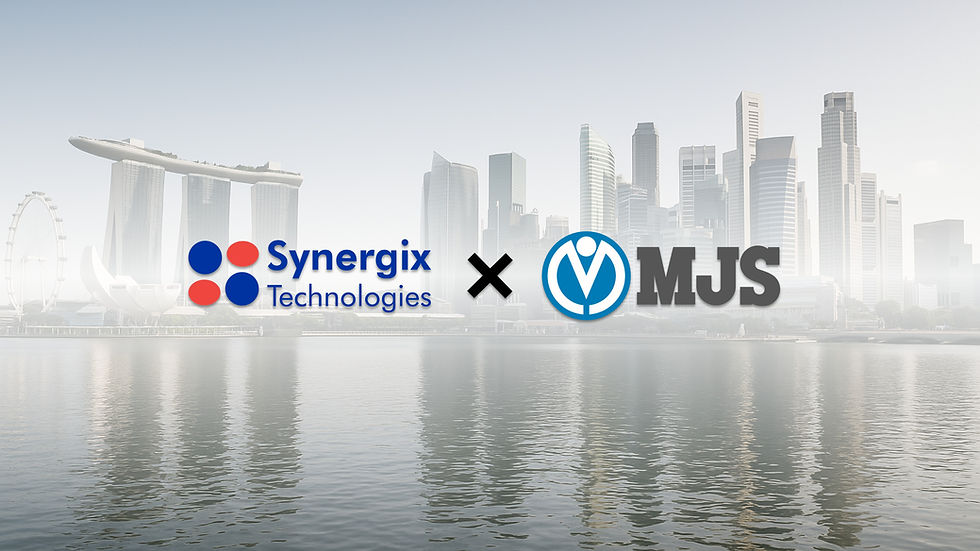AWS is Carving a Niche for its Generative AIs in Healthcare
- Simeon Spencer
- Apr 28, 2023
- 2 min read

In our previous piece about how the future of healthcare was in the cloud, we mentioned that GCP was on a trajectory to become the poster child for cloud healthcare. But it seems like AWS has realized this and is moving to prevent that in a big way, with generative AI.
Recent developments with AWS in the healthcare space that were AI-related were:
On 23rd April, AWS and 3M announced a significant partnership with the goal of using AI to streamline clinical documentation. AWS will contribute its Amazon Bedrock platform for building generative AIs, Amazon Comprehend Medical, and Amazon Transcribe Medical platforms to the partnership, making it a potential game-changer in the clinical documentation space.
Back on 17th April, AWS also announced a partnership with Philips to bring its HealthSuite Imaging PACS to the cloud and also to offer AI tools to provide clinical decision support to enable better diagnoses and automate administrative tasks. Philips will utilize Amazon Bedrock to develop AI-enabled applications quickly and reduce model development costs by leveraging existing foundation models.
OpenAI Has Yet to Establish Dominance in Healthcare
Although we previously said that OpenAI could become the AWS of AI, however, that does not mean that OpenAI will be the optimal solution for all use cases. Right now, the race is on for who can obtain the most clinical data to build, train, and optimize their AI models and AWS is at least one partnership ahead of Microsoft and OpenAI.
Microsoft has not been idling and recently unveiled its Dragon Ambient eXperience (DAX) Express, an AI-powered clinical documentation tool that combines conversational and ambient AI with OpenAI's GPT-4 to automate medical notes for clinicians, which was built together with AI-focused subsidiary Nuance. This tool will build upon the existing DAX ambient solution launched in 2020 which has a user base of more than 550k.
In comparison, 3M's M*Modal had 1 million encounters across 70 clinical specialties in more than 150 US healthcare organizations and integration with more than 250 Electronic Health Records (EHR). And with Philips as well, AWS has access to a massive amount of healthcare data beyond just clinical records but equipment, radiology, and service data. Considering the speed at which AWS is conducting these partnerships, the hyperscaler clearly understands that it needs to move fast to prevent OpenAI from getting ahead in healthcare as well. If AWS is serious about building its AI competencies in healthcare, we expect to see a few more partnership announcements soon.
On a final note, GCP hasn't really participated in the AI healthcare race yet. We know that GCP has a substantial number of partnerships in the healthcare space but whether it's able to leverage the data from these partnerships will depend on whether it's able to build its generative AI first. For now, OpenAI still leads the generative AI space while AWS is likely focusing on shifting its AI capabilities toward healthcare where OpenAI hasn't obtained a significant lead.





Comments